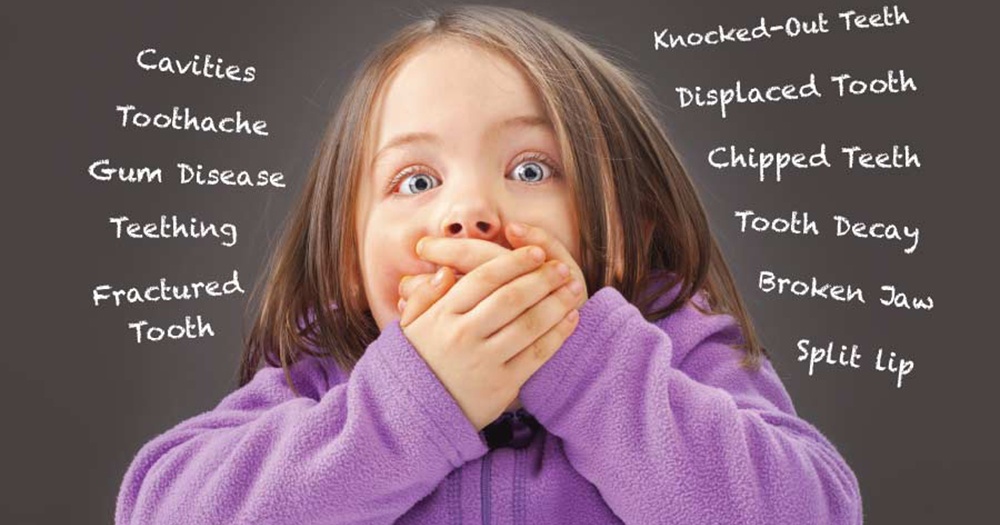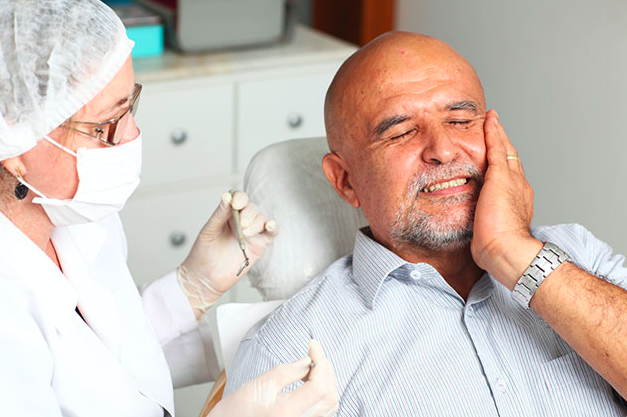
The old adage, “an ounce of prevention is worth a pound of cure,” is definitely true when it comes to maintaining your oral health to prevent expensive dental problems.
The cost of complex or emergency dental care can be incredibly high. While it’s not possible to guarantee you’ll never have to face a painful dental emergency, there are some very simple and inexpensive steps you can take to give your mouth the very best chance of staying healthy without having to hand over hundreds or thousands of dollars to solve serious dental problems.
The two common oral health problems below could severely impact your finances if left unaddressed. However, you can most likely prevent them in just a few minutes a day and with a relatively tiny annual investment:
Cavities (dental caries)
Cavities (also known as dental caries) are among the most common oral health concerns, and they can be quite expensive to treat, depending on how advanced they are when you get them treated. They could require minor drilling and filling, an extensive root canal with additional filling, or even a full extraction with replacement using implants or a bridge.
Cavities are caused by the acidic byproduct of common oral bacteria being allowed to stay in contact with tooth enamel for too long. While sugary foods like soda, chewy candy, and similar treats are often cited as the culprits responsible for cavities, it’s not quite that cut and dry.
Sugary foods and drinks leave a sticky coating of sugar on the teeth. The trouble comes from the fact that bacteria that naturally inhabit your mouth love to eat sugar. As a result, these otherwise free-moving bacteria congregate in the billions on the surface of your teeth where sugar resides. The bacteria byproduct actually eats away at the enamel until it creates pits reaching down through that hard, protective layer and into the softer interior of the tooth, creating a cavity.
"The cost of complex or emergency dental care can be incredibly high. While it’s not possible to guarantee you’ll never have to face a painful dental emergency, there are some very simple and inexpensive steps you can take to give your mouth the very best chance[...]"
As you’ve probably already guessed, resolving this problem is as easy as thoroughly brushing and flossing on a daily basis, especially soon after consuming sugary treats. If you do this regularly, the sugary coating itself and the congregated bacteria will be removed from the surface of your teeth before they have a chance to cause any serious issues. Rinsing with antibacterial mouthwash offers a valuable alternative for when brushing and flossing aren’t possible, although it shouldn’t be the only method you rely on.
Gum disease (gingivitis and periodontitis)

Periodontal disease is similarly caused by bacteria that naturally resides in your mouth and that builds up without regular brushing, flossing, and rinsing.
The difference, however, is in its potential.
While cavities can be very painful and can result in losing teeth, that’s usually the extent of it. On the other hand, gum disease can become far more serious. Acute gum disease is painful in and around the mouth and jaw, but since it’s actually inside the gum tissue, the infection can easily spread via blood vessels to other parts of the body as well. In some cases, these migrated infections can present few if any symptoms right away.
They can build up in crucial areas like the heart, the lungs, the liver, or even the brain, and fester for weeks, months, or longer, all the while becoming stronger and harder to fight. Then, when they’ve grown strong enough to overwhelm the immune system, they can continue to spread elsewhere and that’s when you’re likely to notice pain or other signs of a serious problem. By then, however, the infection has become very hard to treat and potentially even life threatening.
This isn’t just a tremendous danger to your health and welfare. It also means potentially huge medical bills that could have been prevented if proper oral health habits had kept the bacteria at bay to begin with.
How to save yourself time, money, and pain
Giving yourself the best chance of avoiding these painful and expensive dental problems is simple:
- Brush your teeth twice a day (for two minutes each time)
- Floss your teeth once a day
- Rinse daily with antibacterial mouthwash
- Visit your dentist twice a year for an exam and professional cleaning
If you consistently follow this simple formula, you’re highly unlikely to have to deal with serious cavities or gum disease, so you’re unlikely to suffer through the pain or the financial havoc they cause. Looking for ways to save on dental care? Learn how a dental discount card can help you save 20%-50% on dental care.

